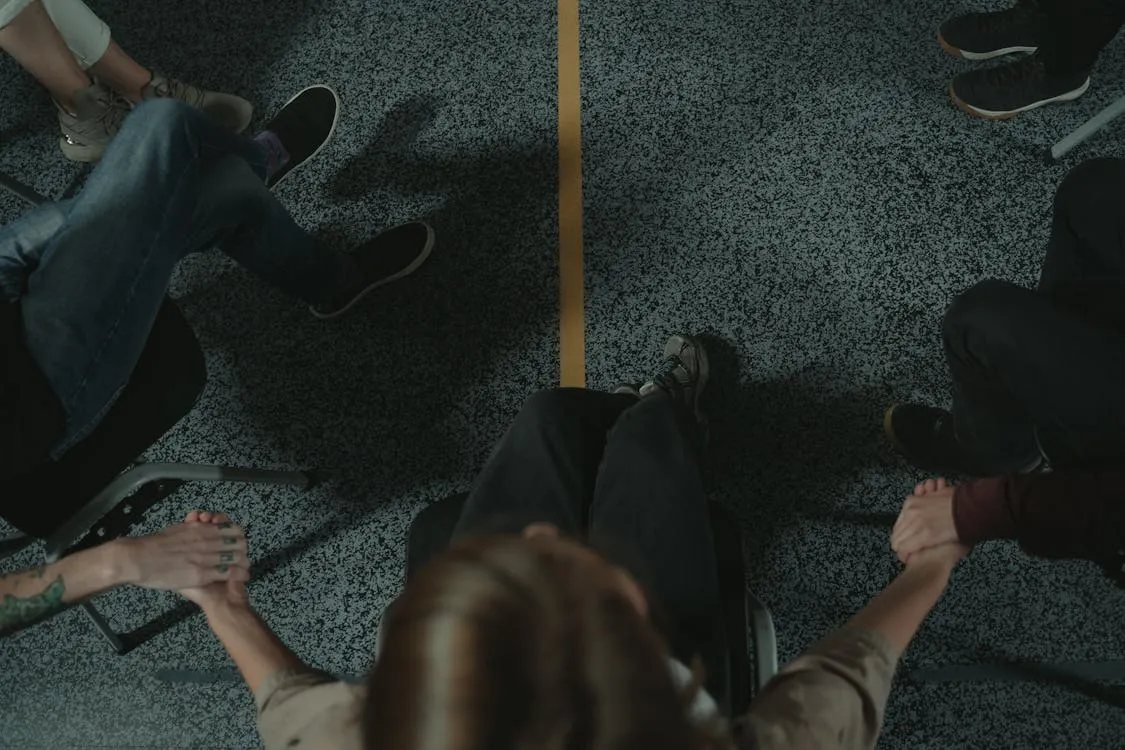
Editorial Disclaimer
This content is published for general information and editorial purposes only. It does not constitute financial, investment, or legal advice, nor should it be relied upon as such. Any mention of companies, platforms, or services does not imply endorsement or recommendation. We are not affiliated with, nor do we accept responsibility for, any third-party entities referenced. Financial markets and company circumstances can change rapidly. Readers should perform their own independent research and seek professional advice before making any financial or investment decisions.
When someone is finally ready to ask for help, they often don’t head straight to a phonebook or wait for a recommendation. They pull out their phone, open Google, and type something like “rehab near me” or “alcohol detox programme with beds available.” Those searches represent real people in real moments of need—and if your drug rehab centre isn’t showing up, you might be missing more than a click. You’re missing the chance to change a life.
That’s where SEO (search engine optimisation) stops being just another buzzword and starts becoming a meaningful part of how you reach people in recovery. For centres that want to build something long-term—something deeper than a billboard campaign or a few social media posts—this guide walks through the steps to build sustainable SEO the right way. It also explains how working with a team like Private Practice SEO can take some of the heavy lifting off your shoulders while still keeping your voice front and centre.
Let’s break it down step by step, starting with the foundation.
Unlike a restaurant or retail store, addiction treatment isn’t a casual decision. People searching for rehab help are often in a time-sensitive, emotionally intense headspace. That means your website isn’t just a digital brochure—it’s a lifeline.
SEO helps rehab centres:
Done well, SEO turns your website into an admissions pipeline—without chasing the algorithm every week.
Keyword tools are great. But they won’t tell you everything.
Before loading your homepage with phrases like “drug rehab near me,” take a moment to ask: What’s the person behind this search actually looking for?
There are three main types of search intent rehab centres should build content for:
The key? Match your content to the stage your visitor is in. Don’t just optimise for “rehab centre.” Create real answers, real resources, and clear calls to action that meet people where they are.
If your centre serves more than one city or has multiple locations, you need unique, well-written location pages.
But here’s the catch: these shouldn’t be copy-paste jobs with the city name swapped out. Each page should:
Google rewards detail and authenticity. A bland location page doesn’t just hurt rankings—it misses the chance to connect.
Let’s not overcomplicate things. You don’t need to be a tech wizard to get on-page SEO right. Just keep the following in check:
A well-structured page isn’t just easier for Google to crawl—it’s easier for your future clients to navigate, too.
Forget keyword stuffing. Instead, aim to create content that speaks directly to your audience.
Here are a few high-impact content ideas:
Long-form guides (1000–2000 words) tend to perform well, especially when they include subheadings, bullet points, and a natural tone.
If you’re struggling to write these yourself, consider working with a specialised content team or ghostwriter familiar with clinical care and addiction treatment language.
Local SEO isn’t just about adding your address to your footer—it’s about making sure Google knows exactly where you are and what you offer.
Here’s your local SEO checklist:
Pro tip: Ask reviewers to mention specific treatments or staff they appreciated. That kind of language helps reinforce your relevance.
You don’t need to understand every bit of code behind your website, but technical SEO does matter.
These are the basics worth paying attention to:
Have your developer (or SEO team) run a full site audit at least once a year. Fixing broken links, redirects, and outdated plugins makes a big difference over time.
Yes, backlinks still matter—but for rehab centres, it’s about where those links come from.
Focus on earning backlinks from:
Want to build credibility even faster? Consider writing guest posts on mental health platforms or being featured in expert Q&A articles. Google looks at the trustworthiness of your content—and that includes who’s linking to you.
It’s easy to think of SEO as something you “set and forget.” But rehab SEO, like recovery itself, is about consistency.
Here’s what a sustainable approach looks like:
If this feels overwhelming, you don’t have to go it alone. Even outsourcing just a few tasks—like blog writing or technical audits—can keep you moving forward without burning out your internal team.

At its core, SEO for drug rehab centres isn’t about chasing clicks. It’s about showing up for people when they need help the most. Every search result is a door someone might choose to walk through. And with the right SEO strategy in place, that door can lead to a real conversation, a safe space, and—hopefully—a fresh start.
Whether you're just getting started or looking to take things further, aligning with expert partners can help you stay visible without losing your focus on care.
Because in the end, great SEO isn't about ranking first—it’s about being there when it counts.